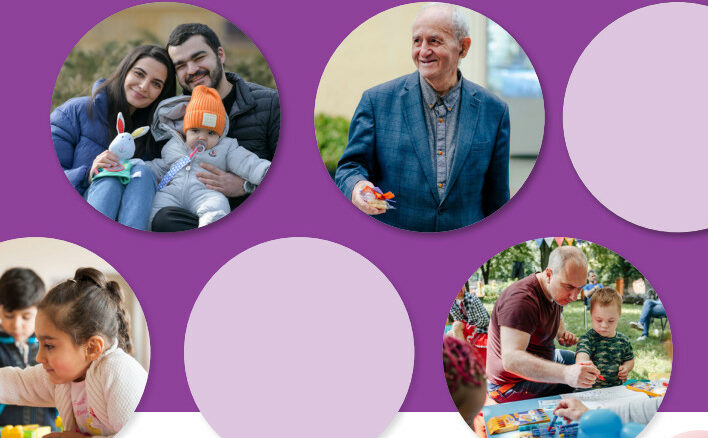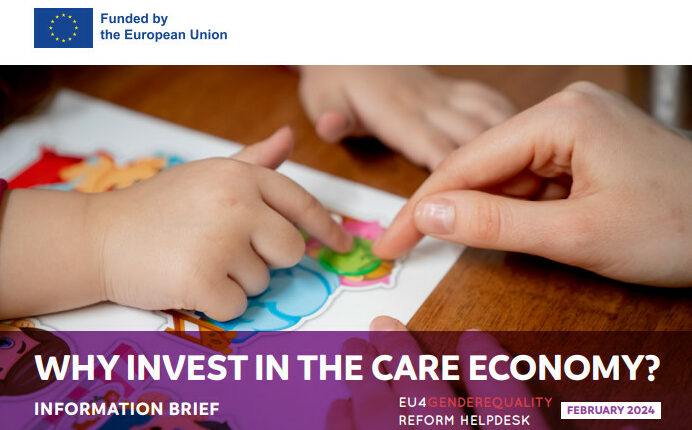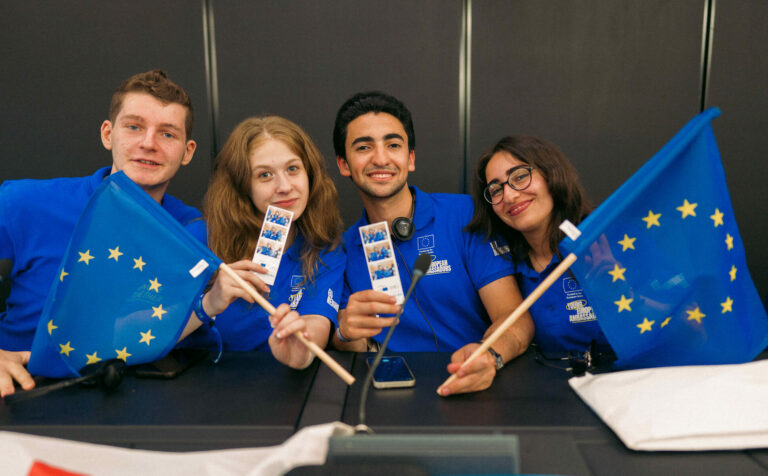
Intergenerational Occupational Mobility in Belarus. Policy brief. Aleh Mazol, Belarusian Economic Research and Outreach Center (BEROC)
This brief presents an analysis of the magnitude of the intergenerational occupational mobility in Belarus, taking into account a differentiated gender effect. The analysis considers movements along the occupational scale for individuals with respect to their parents, using data from the 2017 Generations and Gender Survey for Belarus. The findings show, firstly, that the downward intergenerational changes of occupational status have a strong gender bias: downward mobility is higher for men than for women. Secondly, the probability of moving up the social ladder is higher for women than for men in Belarus. Additionally, the results verify the important role of education as a mechanism towards reaching a society with more equal opportunities. In particular, the effect is more intense for individuals with higher education.
FREE Network, 2022
Download
MOST READ
RELATED

Women’s economic empowerment: Good practices in Eastern Neighbourhood countries

Mapping care-related policies, services and practices in Eastern Partnership countries

Why invest in the care economy? Information brief

What is the screening process and how does it work?

EU accession process step by step
More campaign pages:
Interested in the latest news and opportunities?
This website is managed by the EU-funded Regional Communication Programme for the Eastern Neighbourhood ('EU NEIGHBOURS east’), which complements and supports the communication of the Delegations of the European Union in the Eastern partner countries, and works under the guidance of the European Commission’s Directorate-General for Neighbourhood Policy and Enlargement Negotiations, and the European External Action Service. EU NEIGHBOURS east is implemented by a GOPA PACE-led consortium. It is part of the larger Neighbourhood Communication Programme (2020-2024) for the EU's Eastern and Southern Neighbourhood, which also includes 'EU NEIGHBOURS south’ project that runs the EU Neighbours portal.

The information on this site is subject to a Disclaimer and Protection of personal data. © European Union,







